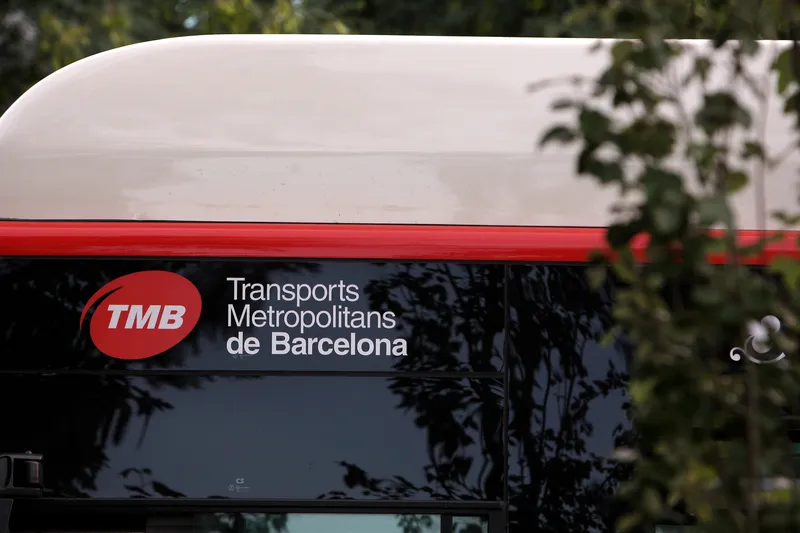Inrix AI Traffic provides road authorities with information to help promote public safety and future-proof roadways, the company adds.
According to Inrix, the solution also provides:
• Estimated time of arrivals to ensure drivers arrive at their destination on-time
• Instant updates on road conditions such as roadworks, accidents and congestion
• Lane-by-lane precision to pinpoint the speed of traffic in different lanes
• The ability to calculate speeds for interstates, intersections, county roads and neighbourhoods
Inrix AI Traffic is powered by a geospatial engine that uses deep learning to provide traffic analytics. The solution’s processing engine is expected to reduce latency, allowing it to ingest, process and output data more quickly.
Inrix unveils AI traffic solution
Inrix has launched a traffic solution which it says uses artificial intelligence (AI) to provide updates to traffic conditions and pinpoint traffic speeds in different lanes.
Inrix AI Traffic provides road authorities with information to help promote public safety and future-proof roadways, the company adds.
According to Inrix, the solution also provides:
• Estimated time of arrivals to ensure drivers arrive at their destination on-time
• Instant updates on road conditions such as roadworks, accidents
June 14, 2019
Read time: 1 min








